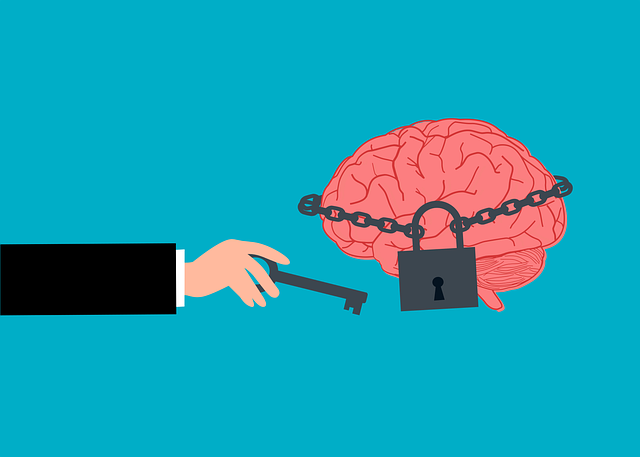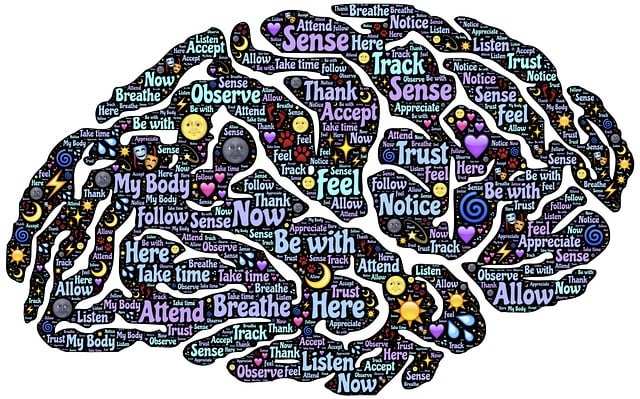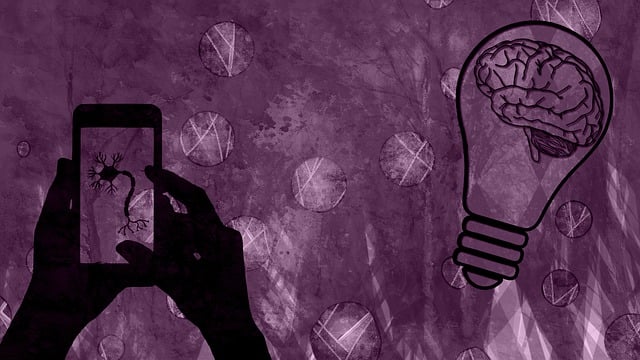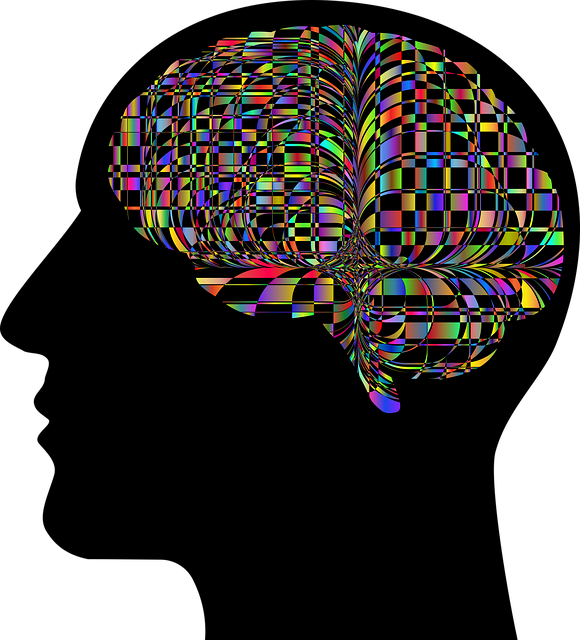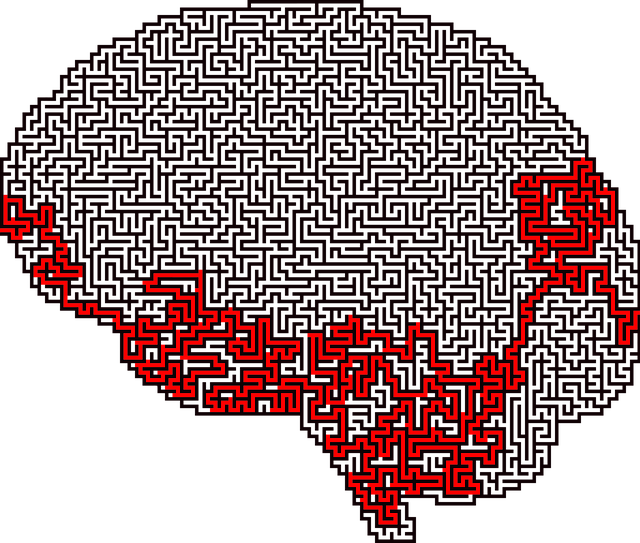Adolescent teens face unique relationship challenges that can impact their mental health. Professional therapy for adolescent teens' relationship issues is essential for developing targeted mental health education programs. This guidance equips teens with coping mechanisms, improves communication, and builds resilience against societal pressures, fostering healthier connections and enhancing quality of life. Integrating self-care routines, including stress management workshops, mindfulness techniques, and creative therapies, empowers teens to overcome adversity, build positive relationships, and achieve long-term mental well-being.
Self-care practices play a pivotal role in fostering resilience among adolescent teens grappling with relationship issues. These challenges, common yet complex, can significantly impact their emotional well-being and overall mental health. This article delves into understanding the nuances of these issues, highlighting their profound effects on teen life. We explore therapy approaches tailored to address relationship difficulties and emphasize the transformative power of self-care in healing and personal growth. Additionally, practical strategies are offered for teens to seamlessly integrate healthy self-care routines into their daily lives.
- Understanding Adolescent Teens' Relationship Issues and Their Impact on Well-being
- The Role of Self-Care in Healing and Growth for Teenagers Facing Relationship Challenges
- Practical Strategies for Integrating Effective Self-Care Routines into Daily Life
Understanding Adolescent Teens' Relationship Issues and Their Impact on Well-being

Adolescent teens often face complex relationship issues that can significantly impact their overall well-being and mental health. Navigating friendships, romantic relationships, and family dynamics during this stage of life can be challenging. Many teens struggle with peer pressure, social media influences, and identity formation, which may lead to feelings of isolation, low self-esteem, and even burnout prevention challenges. These issues are not merely fleeting concerns; they can leave lasting imprints on their emotional healing processes if left unaddressed.
Therapy for adolescent teens relationship issues is vital in fostering mental health education programs design that cater to these specific needs. Professional guidance can help teens develop healthy coping mechanisms, improve communication skills, and build resilience against societal pressures. By addressing relationship challenges head-on, teens can gain a deeper understanding of themselves and forge more positive connections, thereby enhancing their overall quality of life.
The Role of Self-Care in Healing and Growth for Teenagers Facing Relationship Challenges

For teenagers navigating relationship challenges, self-care plays a pivotal role in their healing and growth journey. Many adolescent teens struggle with emotional turmoil, low self-esteem, and anxiety when facing issues in their relationships, whether it’s peer pressure, family dynamics, or romantic entanglements. Incorporating effective self-care practices can be a powerful therapeutic tool to help them manage these struggles. By prioritizing self-wellbeing, teens can develop resilience, enhance positive thinking, and cultivate mind over matter principles that empower them to overcome adversity.
Self-care for adolescents dealing with relationship issues involves a holistic approach, encompassing various strategies such as engaging in stress management workshops, practicing mindfulness techniques, and participating in creative outlets like art or music therapy. These activities not only provide an avenue for emotional expression but also teach valuable coping mechanisms. Through self-reflection and nurturing their mental health, teens can regain control, foster healthy relationships, and cultivate a positive outlook on life, setting them up for long-term success and well-being.
Practical Strategies for Integrating Effective Self-Care Routines into Daily Life

Integrating self-care routines into daily life is a transformative process that can significantly enhance overall well-being, especially for adolescent teens navigating relationship issues. Start by identifying your unique needs and setting realistic goals. Establish a consistent morning or evening ritual dedicated to self-awareness exercises, such as journaling, deep breathing, or mindful meditation. These practices foster a deeper connection with yourself, helping you recognize triggers and emotions.
Incorporate stress management workshops or online resources that offer techniques like progressive muscle relaxation or cognitive reframing. Organize your environment for tranquility; create a dedicated space free from distractions, where you can engage in calming activities like reading, painting, or listening to soothing music. Regularly schedule mindfulness meditation sessions to promote mental clarity and emotional resilience, which are crucial for managing relationship challenges effectively.
In addressing the complex Therapy for Adolescent Teens Relationship Issues, this article has highlighted the profound impact of emotional connections on a teenager’s well-being. By integrating self-care practices, teenagers can navigate and heal from relationship challenges, fostering personal growth and resilience. The presented strategies offer practical tools to cultivate healthy routines, ensuring adolescents can thrive in their personal lives and prepare for a promising future.
